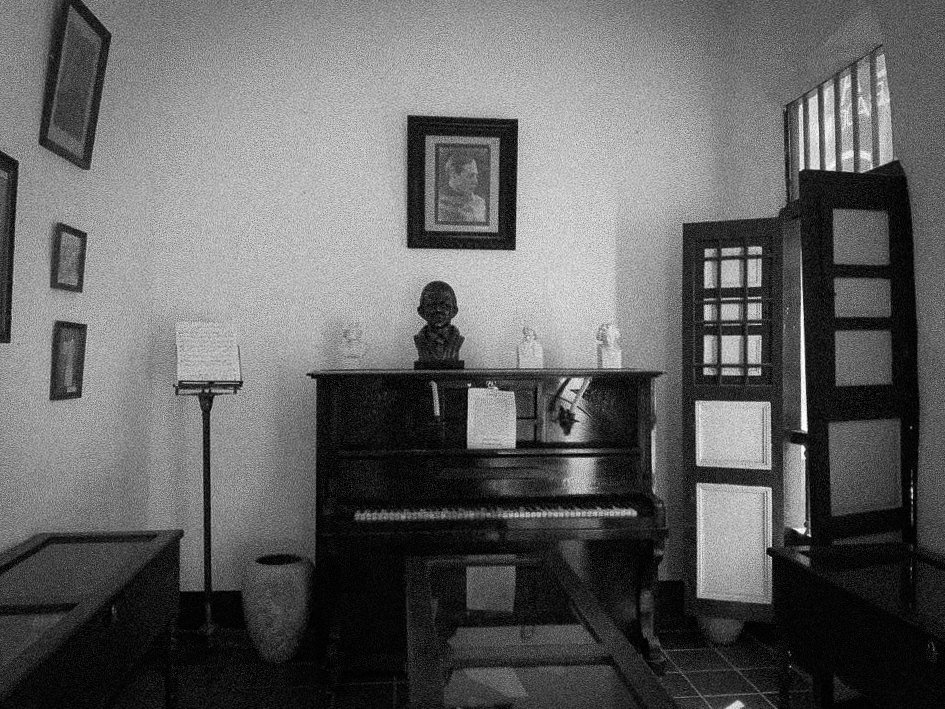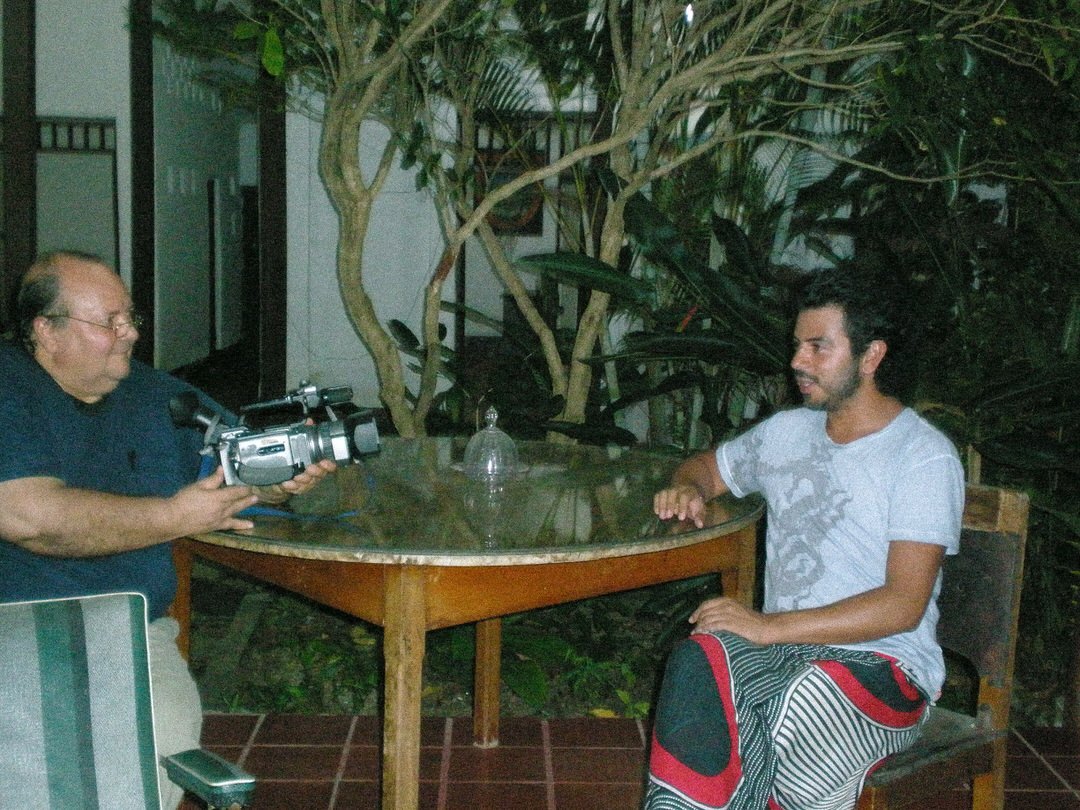Julian De La Chica wins Best Historical Fiction Novel at ILBA 25th Edition
← Return to NEWS
Composer and visual artist Julián De La Chica's novel, God's Punishment, has achieved a remarkable feat by being recognized as a “double winner”. It has secured the prestigious AWA (Award-Winning Author) award for Best Novel - Historical Fiction - English, and it has also received an Honorable Mention for Best LGBTQ+ Theme Book at the 25th edition of the International Latino Book Awards 2023 (ILBA). The awards had a competitive pool of over 3,000 submissions from around the world, which were assessed by a panel of 220 jurors.
During the award ceremony at Los Angeles City College in LA, the book received the Silver Medal under its category.
BUY THE BOOK
Julián De La Chica
Photo courtesy by IGM
God’s Punishment depicts the human rights violations from a dark chapter in Colombian history and culture, whilst underlining the power of music.
● Ahmed Alom & Luis A. Calvo
God’s Punishment is based on the small Colombian town, Agua de Dios, and its extensive history in the 19th and 20th centuries as an isolated community created by the Colombian government to contain people with leprosy and those suspected of having leprosy. The book, the title of which refers to the Biblical doctrine that leprosy was divine punishment, is based on true events and includes real dialogues from the time.
In tandem with the forthcoming book, an opera of the same title, composed by De La Chica, is in its final creative stages.
Sisters of the Presentation, circa, 1900
Photo courtesy by Efraín Oyaga
Agua de Dios, Colombia
Book Trailer
Info:
Since 2000, composer Julián De La Chica has been researching Agua de Dios, Colombia, and its history as a town forcibly confining leprosy patients and those suspected of having leprosy. For his research, De La Chica visited the community and interviewed persons with information about those who crossed the Puente de Los Suspiros (Bridge of Sighs) over the Río Bogotá and into the concentration camps. Those inmates, who were forced by the Colombian government to relinquish their rights as citizens—their identities, possessions, and families—numbered into the tens of thousands until the leprosarium was closed in 1961.
Puente de Los Suspiros (Bridge of Sighs), circa, 1905
Photo courtesy by Efraín Oyaga
Agua de Dios, Colombia
God’s Punishment follows the story of Leonardo Campos, a dreamy and passionate writer who is hired to make a documentary about Agua de Dios. Led by Luis Antonio, an old Spaniard living in Colombia, Leonardo will begin a journey through time, discovering how Colombia became the first world power of leprosy and how Agua de Dios was not just a town for patients, but a harrowing concentration camp led by the church, the state and medicine.
Puente de Los Suspiros (Bridge of Sighs) & Police, circa, 1932-1935
Photo courtesy by José Israel Castañeda
Agua de Dios, Colombia
The role of music in this book is paramount: the story revolves around the narrator, Luis Antonio, who lives on now as an adult but is reminded of his time of abandonment and lack of love in an orphanage as a child. During this period, Luis's relationship with music emerges; guided by an old piano and a small piece of music that Sister Esther teaches him, he finds solace and momentary happiness while navigating an isolated and fragmented childhood. The turbulence continues when father Julio, a salesian priest, passes away in Madrid, only leaving Luis behind a letter, but music remains still as his other constant, as his companion and salvation.
Composer Luis A. Calvo’s piano
Calvo Museum
Agua De Dios, Colombia
As the years go by, Luis erases that part of his life—including the music—as a mercy to himself. But in recalling his childhood, his once forgotten ally in times of deep pain returns; with each piano key, a barricaded door into his memory is unlocked. De La Chica perfectly captures the spiritual and internal struggle Luis faces, yearning for the joy music gave him without inviting all the feelings of loneliness and seclusion that were entwined. In a journey which uproots deep, lifelong pains and explores the darker parts of Colombia’s history, the light that shines through is as simple and significant as a forgotten melody.
Composer Julián De La Chica
& Efraín Oyaga
Calvo Museum, 2008
Agua de Dios, Colombia









